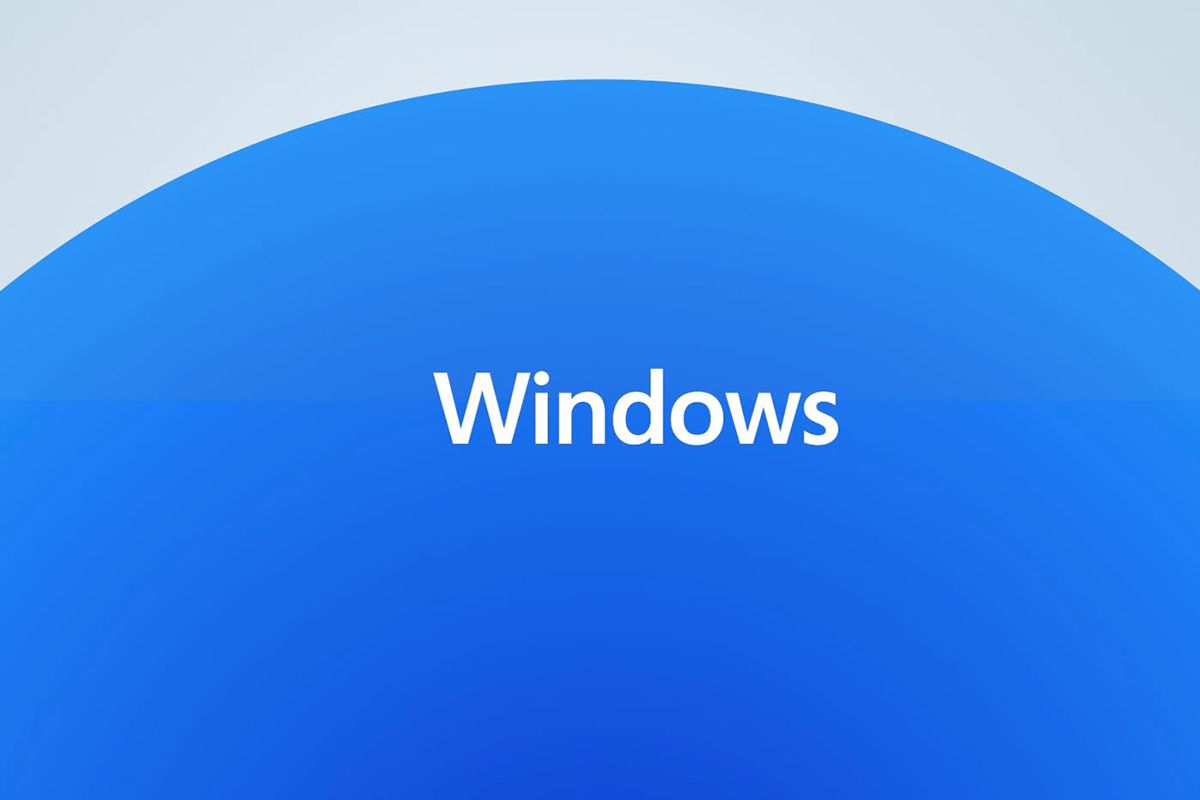Microsoft is set to announce Windows 11 next week, and in case you missed it, a build of the new OS leaked this week. Now, one user is citing some big Windows 11 performance improvements over Windows 10.
It comes from YouTuber Ben Anonymous, who's claiming to be using an official build of Windows 11. It's still, oddly, build 21996.1. It's clearly different though, as he shows off some features that aren't in the leaked build.
The laptop being used has an Intel Core i7-10875H and an NVIDIA GeForce RTX 2070 Super.
First of all, the boot time is shorter at 13 seconds instead of 16 seconds. That's an impressive change to start with, and it's a good sign for overall Windows 11 performance.
One test that he ran was Time Spy in 3DMark, which jumped from a score of 6,872 to 7,613. That's both a bump in CPU and GPU, with the GPU score increasing from 6,927 to 7,426, and the CPU score increasing from 6,573 to 8,886. In his storage test on CrystalDiskMark, that did well as well, although he first noted that this one should be taken with a grain of salt due to the capacity being used. When he ran the test later, the results were the same.
For Geekbench, the single-core performance increased from 1,138 on Windows 10 to 1,251 on Windows 11, and the multi-core score increased from 6,284 to 7,444, so there are some impressive improvements there too.
Your mileage may vary on this. We've been running performance benchmarks since the build leaked earlier this week and haven't been able to replicate this, although as Ben Anonymous notes, he's running a different build of Windows 11.
It would seem that Microsoft is adding some new power management. The person that did the testing uninstalled any ASUS software that might have been controlling the fans, so everything that happened there was controlled by the OS. It was notable that the fans ran differently while running the tests, and as we all know, the cooler the CPU and GPU stay, the better the performance is.
But the temperatures don't even seem to reflect that. When running 3DMark, the results said that it ran hotter, but the fans were running louder and more consistently.
Right now, you should treat this as a teaser for next week. Microsoft is absolutely going to talk about performance when it announces Windows 11, and once we all get a real preview, we can start running out own tests. In the meantime, check out Ben Anonymous's video.
Update: Unsurprisingly, it turns out that you should be skeptical of these benchmarks. Apparently, Windows 10 was on the recommended power setting, while Windows 11 was on high performance. This explains why we were unable to reproduce these results in our own testing.
This doesn't mean that there aren't any performance improvements in Windows 11, but you should, as always, take these types of things with a grain of salt. That's especially the case when someone claims to have benchmark results that no one has, when they claim to have an "official" build that's the same build number as a leaked one and Microsoft is even keeping the name top secret, and so on.

